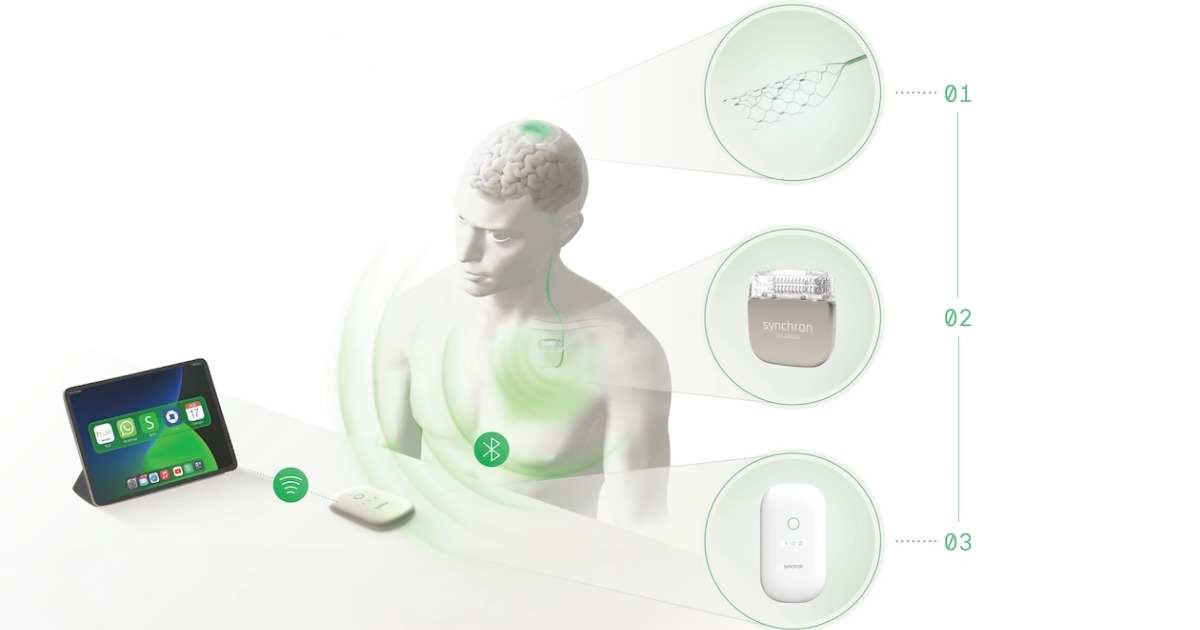 A recent PricewaterhouseCoopers report pretty much summarizes the state of the mHealth industry these days.
A recent PricewaterhouseCoopers report pretty much summarizes the state of the mHealth industry these days.
To wit:
1. There's too much technology out there right now, and not all of it works;
2. Consumers are jumping onto every mHealth bandwagon they can find (though whether they stay on that bandwagon is another matter); and
3. Providers are, of course, dragging their feet.
With the mHealth Summit 2014 less than a week away, it's important to head down to Washington D.C. with the right mindset. What you'll see next week is just a microcosm of what's going on around the world, but it's a good sample. From the Exhibit Hall to the Global mHealth Summit to the Venture+ Forum to educational tracks like the Clinical Mobility Forum and special session like Monday's Executive Breakfast on care coordination, you'll get lessons learned and best practices to carry back to the real world.
According to the PwC report, providers have a five-year window to get this right, or they're done for. If they're waiting for the perfect platform, they're toast. Perfection comes around about as often as the perfect president or sports season or snowstorm. Everyone has a different idea of what ROI should be, and whether it can be accomplished. So find what works for you, accept a few bumps in the road (even failure, if you learn from your mistakes) and go with it.
Why is this message different than that delivered at last year's mHealth Summit? It isn't. It's pretty much the same message delivered every year. But what has changed are the numbers of successful programs – don't call them pilots any more – that you'll be seeing at this year's summit. Health providers are seeing actual, concrete results from their implementations, and they're starting to use that data in more meaningful ways (cue the next frontier for mHealth – analytics). Words like promise and potential have been replaced by outcomes and improvement.
To be sure, the road ahead isn't clear. It never is. Consumer-facing mHealth is still muddying the waters with concepts and devices (wearables, for instance) that won't make it in healthcare in the long run without modifications. Other ideas, like Google Glass, are taking a bit longer to get going than expected. And whether Congress decides to act on issues like broadband capacity, telehealth reimbursement and mHealth app regulation is anybody's guess.
So stop waiting, and start doing. The clock is ticking. And enjoy the summit.
The mHealth Summit 2014 runs from Dec. 7-11 at the Gaylord National Resort and Convention Center just outside Washington, D.C. Register here.


